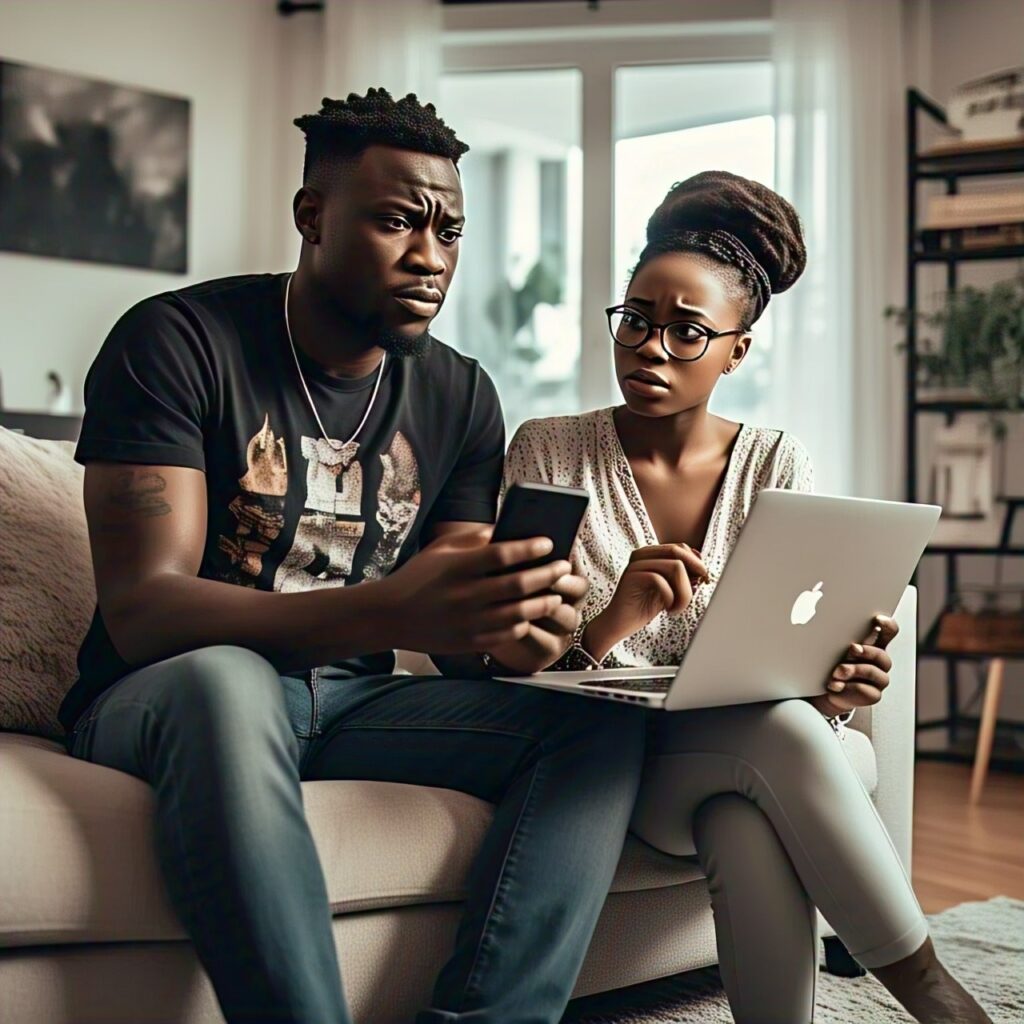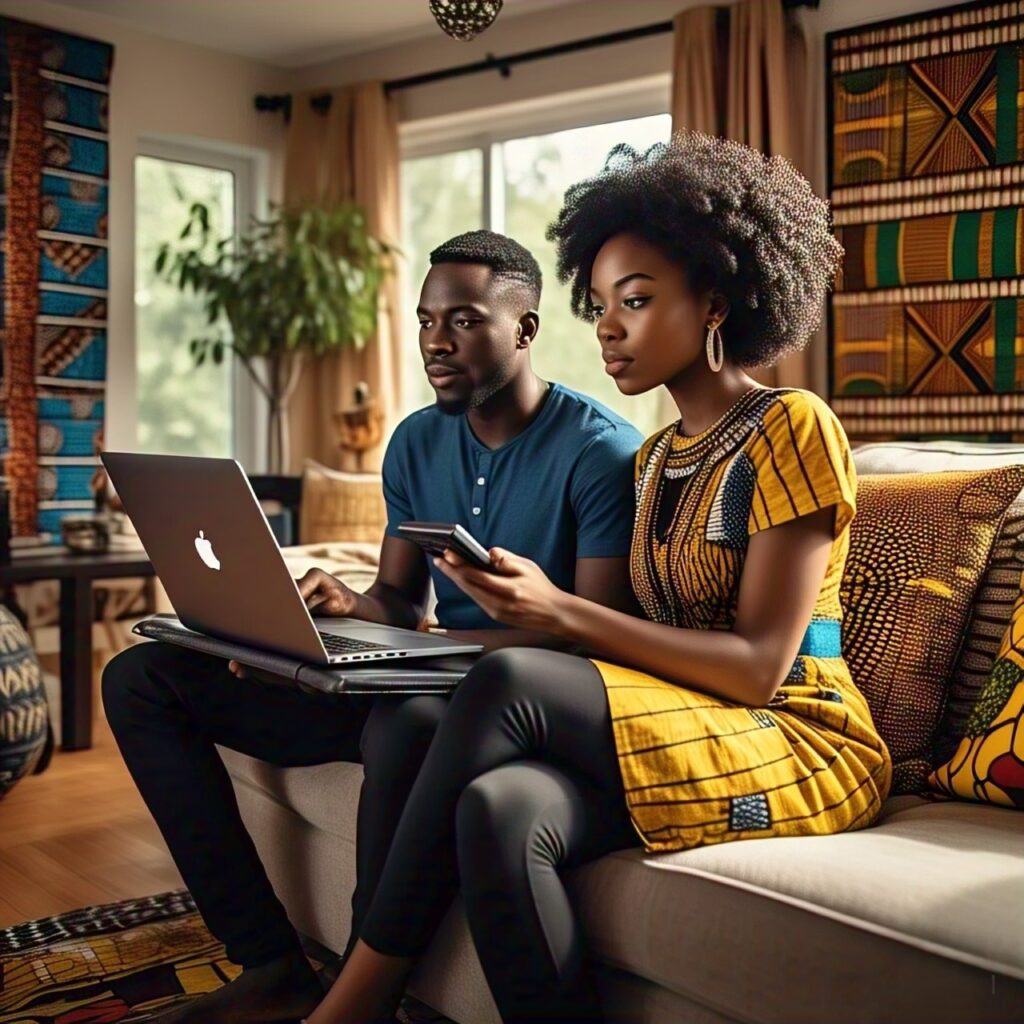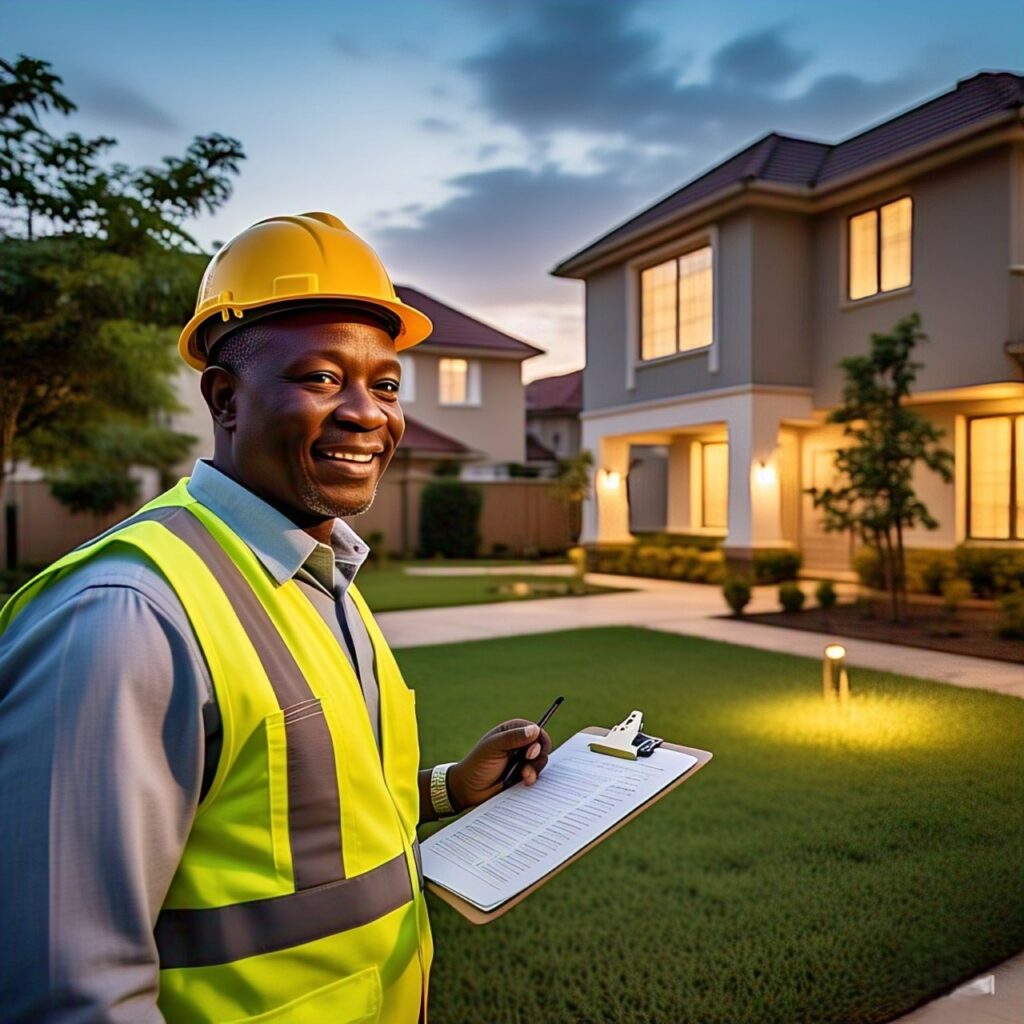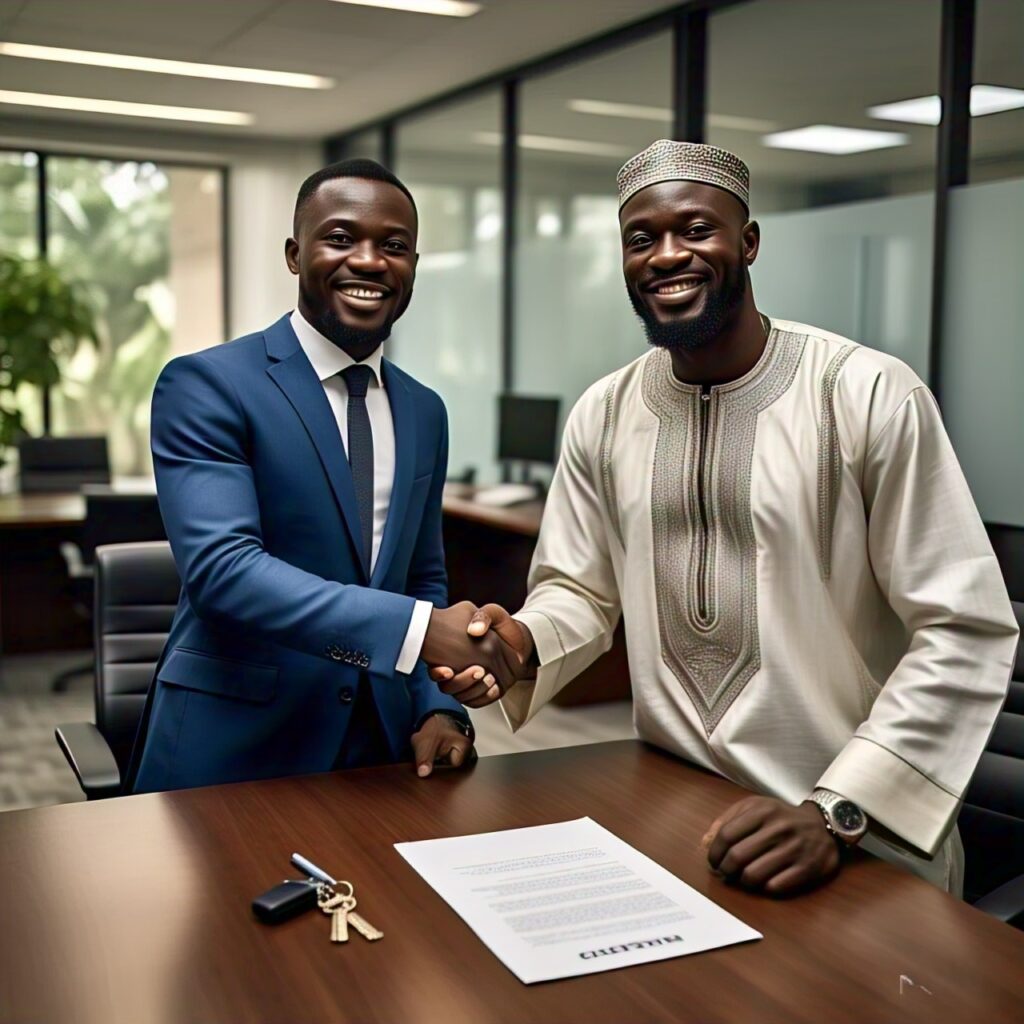Buying Your First Property in Nigeria? Here’s How to Make It Stress-Free!
Purchasing your first home is one of the most exciting milestones in life. However, without the right guidance, it can quickly become overwhelming. From financial planning to closing the deal, navigating the real estate market requires strategy and knowledge. You may be wondering how you can buy property in Nigeria while living abroad.

If you’re a first-time homebuyer, don’t worry—we’ve got you covered! This guide will walk you through everything you need to make your first home purchase smooth, smart, and stress-free.
1. Determine Your Budget & Stick to It
Before you start house hunting for a house to buy, it’s crucial to assess your finances. Ask yourself:
- How much can I afford for a down payment?
- What is my monthly budget for mortgage payments, utilities, and maintenance?
- Do I have an emergency fund for unexpected home expenses?

Use a calculator to determine how much home you can afford based on your income, debt, and savings.
2. Check & Improve Your Credit Score
If you have not saved enough money to buy a house outright, you may need to seek alternate funding to be able to meet the requirements for buying a house. Your credit score plays a significant role in securing a mortgage with favorable terms. To increase your chances of getting approved for a low-interest loan:
- Pay off outstanding debts.
- Avoid taking out new credit lines before applying for a mortgage.
- Monitor your credit report for any errors and dispute inaccuracies.
3. Get Pre-Approved for a Mortgage
If you haven’t saved sufficient funds to purchase a house in Nigeria but are eager to own one, obtaining a mortgage could be a viable option. A mortgage offers the financial flexibility to acquire a home, allowing you to spread out payments over time rather than having to save for years to meet the full purchase price. This option is particularly beneficial if your savings and investments do not cover the cost of buying a house outright.
To get your mortgage approved, you’ll need:
- Proof of income (pay stubs, tax returns)
- Credit history and score
- Employment verification
- Debt-to-income ratio details
READ: No Agent? No Problem! A Stress-Free Guide to Buying Property in Nigeria While Living Abroad!
4. Choose the Right Location
The significance of location is on par with that of the property itself. At this juncture, you have likely made a decision about whether to invest in a commercial property or a residential home. Regardless of your choice, it is wise to reflect on various factors and the long-term advantages associated with either option. When you make the correct choice, then you’ll come to see that it is indeed possible to buy property in Nigeria while living abroad.
Before deciding on a particular house to buy, you may do well to consider factors like:
- Who will occupy the house? Should I rent it out to generate annual rental income, or allow a family member to reside there until I return home for a visit?
- Is that locality crime free and generally safe?
- Will the value of the property appreciate very quickly?

Take time to visit different neighborhoods, talk to locals, and check out the surrounding amenities.
5. Work with a Trusted Real Estate Agent
An experienced real estate agent can guide you through the home-buying process, negotiate on your behalf, and ensure that you get the best deal. Look for an agent who:
- Has strong knowledge of the local market.
- Communicates clearly and promptly.
- Has good client reviews and testimonials.
If you are looking for a reliable real estate agent to assist you, I highly recommend House and Land Naija [https://houseandlandnaija.com]. They provide expert guidance to help you navigate the intricacies of buying property in Nigeria while living abroad.
6. Don’t Skip the Home Inspection
A professional home inspection can save you from costly surprises after moving in. Inspectors check for:
- Structural issues
- Electrical and plumbing problems
- Roof and foundation damage

If any red flags arise, you can negotiate repairs or reconsider your purchase.
READ MORE: Your Property, Our Passion—The Construction Firm Changing the Game in Nigeria!
7. Understand Closing Costs & Paperwork
Closing costs can add 2-5% to your home’s purchase price, covering fees like:
- Loan origination
- Appraisal
- Title insurance
- Legal and recording fees

Make sure to review all documents carefully before signing.
8. Plan for Move-In Expenses
Beyond the purchase price, you should also budget for:
- Furniture and appliances
- Home insurance
- Initial repairs and upgrades
Being financially prepared ensures a smoother transition into homeownership.
Your Dream Home Awaits!
Buying your first home is a journey filled with excitement and challenges, but with the right knowledge, you can avoid common pitfalls. By budgeting wisely, improving your credit score, working with a reliable agent, and planning for all costs, you can confidently step into homeownership.
Now that everything is set up, you will discover that it is indeed possible to buy property in Nigeria while living abroad. Why not give it a try today?

Are you prepared to embark on your home-buying adventure? Get in touch with us today for professional advice and discover the ideal home that aligns with your lifestyle and budget!

Pingback: From Dreams to Reality: How Mega Labourers Services Build Excellence Across All Sectors - Mega Labourers
Pingback: Secure a Prime Property in Ikenne, Ogun State—A Wise Business Opportunity for Nigerians Both at Home and Overseas - House and Land Naija